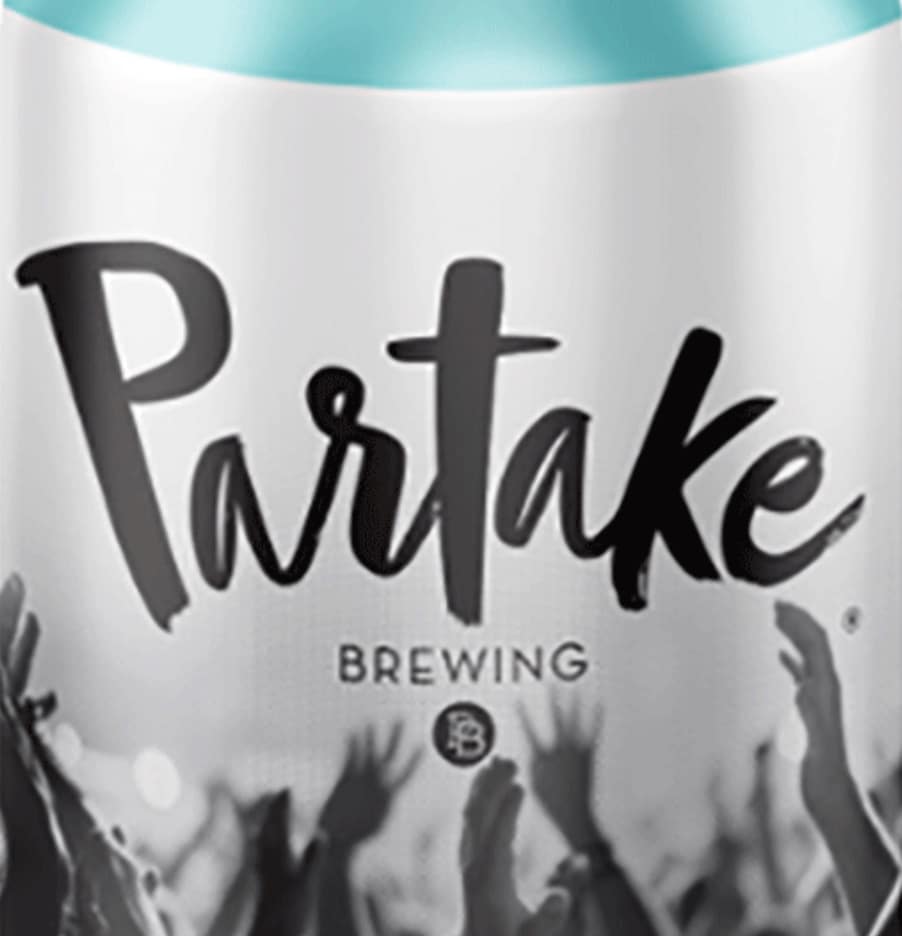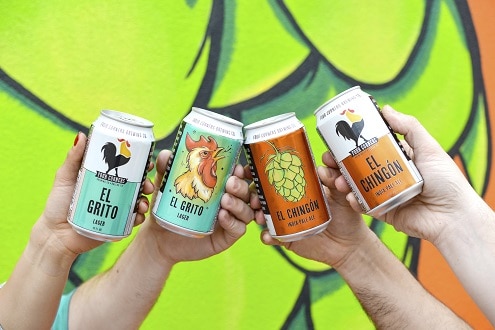
I follow the nascent N/A beer market with interest so I was glad to be able to ask a few questions of Ted Fleming, the CEO & Founder of Partake Brewing.
1. Why did Partake want to do an N/A beer? What did they think was missing from the market?
Over a decade ago I was diagnosed with Crohn’s disease which has led to many changes in my life. One of the biggest changes was my decision to give up alcohol and with that one of my favourite things and social activities – craft beer. As I began to explore the world of non-alcoholic beer as an alternative I realized that there was a significant lack of variety and high-quality NA beer like I had come to love in the craft beer experience. Every non-alcoholic beer I tried made me feel like I was compromising on something, which is why I wanted to launch Partake to bring authentically great tasting craft beer to the NA beer drinker.
2. Is the calorie counting drinker market the same now as it was last year or have attitude shifted?
Overall, we have seen a significant shift in the market over the past few years with consumers wanting to see lower-calorie beverages across all areas. This is likely reflective of the increase in wholistic diets, the keto diet, as well as a decrease in desire to consume sugary beverages. Due to this, and since our launch in 2018, we have seen an increase in low-calorie beer across the non-alcoholic beverage category as well as the alcoholic beer category. There has also been an increase in more sessional beers with a lower ABV from brewers across North America.
3. What is the best-seller of your range and why do you think that is?
Our best-seller in stores is our Pale Ale, coming in at 10 calories a can with zero carbs and won the World Beer Award for Best Non-Alcoholic Beer (2018). Our customers love it for it’s citrusy aromas and crisp finish. It also has our biggest distribution across the USA and Canada. The Pale Ale is a very accessible flavour profile for a variety of beer drinkers and is a great beer to always keep stocked in your fridge for any occasion. However, a very close 2nd overall is our IPA which is our best-seller online (drinkpartake.com).
4. What is the biggest challenge in crafting a non-alcoholic beer?
The biggest challenge is the delicacy of our beer to create the right balance of aromas and flavors. In full-alcohol beer the alcohol provides a flavor buffer that can hide a lot more potential imperfections and gives the brewer a larger margin for error. We also have a lot more to prove, we aren’t just trying to prove we make a great beer but we are also proving that we make a great beer without having to compromise on calories or having to consume alcohol to enjoy a great beverage.
5. Are there special one-off beers in the pipeline? N/A pastry stout or double dry hopped IPA?
We definitely have some exciting new beers in development right now. One of these is our new Radler that we are working on launching sometime this July as an online exclusive (drinkpartake.com). The best way to stay up to date on when our new beers are launching is to subscribe to our newsletter as we usually release these in a very limited run to gain feedback and insights from our community.
